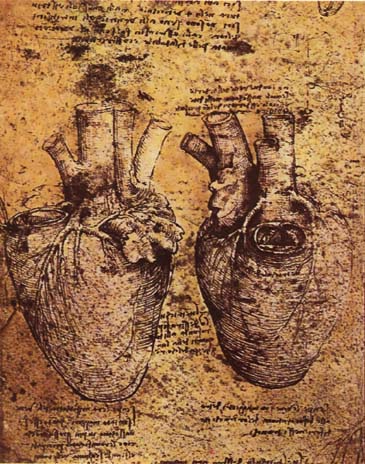NOVEMBER 9, 2024 – At the personal, conscious level, our mere existence is a really big deal. In fact, it’s bigger than that. It’s everything. From an individual’s point of view, what could matter more than the individual’s existence? Okay, fine. I overstate things a bit or rather, a lot. What matters more than one’s own existence (and corresponding gluttonous consumption of limited resources), is the non-extinction of the species—as a result of collective gluttonous consumption.
Obviously, there’s much more to the story of what matters. None of us would exist or exist for long if it weren’t for a whole lot of other stuff, from quantum physics to astrophysics; from physical chemistry to organic chemistry; from geography to the infinitely complex evolution of biology here on earth; from cosmic dust to infinitely black black holes; from the art and science of surgery to the administration of miracle drugs; from nurses to doctors; from lab technicians to magnetic resonance imaging (MRI) operators; not to mention, of course, countless other large-scale and intricate pieces that make up the world and civilization.
In any case, for each of us existence is finite. Before I was born, nothing existed—as far as I was concerned or aware. After I die, same deal—as far as I’m currently constituted, nothing will remain except my remains and a dumpster worth of detritus in the wake of my life.
Where am I going with all this? I’m not sure, but here’s where I’m coming from: I’m now experiencing the inevitable struggle to reconcile myself to the aging process and the finiteness of existence. Three months past the age of 70 the aging process makes me feel as though I’m driving around in a vintage car with windshield wipers that blur the view instead of clearing it; a radio with the volume control stuck on “soft”; a malfunctioning GPS that keeps telling me to “turn right in a thousand feet,” even though I’m certain my destination is a hundred feet on the left; and what is most annoying of all, the aging vehicle is dragging a batch of empty soup cans that some youthful prankster tied to a long clothesline affixed to the rear axle. Wherever I go, the damned cans clatter behind the car, and when I step on the accelerator to outpace them, they simply match my speed, make more noise and bounce higher in the rearview mirror. The only way to stop this irritation is to pull over into a permanent parking spot.
Yet, I’m not ready to exit the freeway, let alone park. Unless and until I present a hazard to others—or the soup-can clamor is an unbearable burden on my caretakers (or me!)—I want to stay in circulation. I want my existence to continue as long as possible.
But now another dynamic competes with the soup cans for my attention: the lives of people I cherish most—family and close friends. I want them to last forever without ever slowing down because of old windshield wipers and without dragging a bunch of clanging soup cans behind them. That desire now renders ever harder for me our son’s continuing gauntlet of medical tests in diagnosis of conditions that we hope and pray are within the remedial scope of modern medicine.
My method of dealing with unpleasantries and unsettling uncertainties in life is to compartmentalize them. For each significant challenge in my life, I build a high thick stone wall inside my brain. In each wall I leave a spot for a foot-thick oaken door with a strong latch and lock. When time and place require, I unlock and unlatch the door and enter the space behind the wall. I focus on the problem and do what I can to address it, then leave—latching and locking the door behind me.
Though I can isolate my problems and challenges, I can’t alter the chambers of my intangible heart. Given the nature of my existence, those chambers are always open and filled with commitment and devotion to the people whose existence matters more than my own. This perspective widens when I peer at the horizonless sea while standing at its briny edge or when I view the heavens on a clear starry night. Instead of diminishing the significance of our existence, the big picture renders life all the more meaningful. This notion reverberates across eternal infinity. Ironically, right now my emotional heart is laden with the weight of conditions afflicting a loved one’s physical heart; a loved one whose existence matters more than my own.
After two days of tests, matters on this score are best left inside a high-stone wall with the entry door closed and locked. For now I must draw hope, energy and fortitude outside the wall for the next session inside its confines. The best way I know how to do this is through . . . great music, which flows from inspiration inside the human heart and thereby expresses the inexpressible, something AI can never do.[1]
Subscribe to this blog and receive notifications of new posts by email.
© 2024 by Eric Nilsson
[1] This evening, I pulled out my fiddle for the first time in weeks and worked over a G Major scale and arpeggio for five minutes, then from memory played (without hiccups) a movement of a Bach partita—the same piece I’d performed (with nerve-induced memory hiccups) at three house concerts in 2019. At yesterday evening’s function, several people I hadn’t seen in ages asked if I’d been “playing my violin.” Sheepishly I said, “No” but with bold determination added, “I’ll start up again—starting tomorrow.” It’s called the “power of suggestion.”
